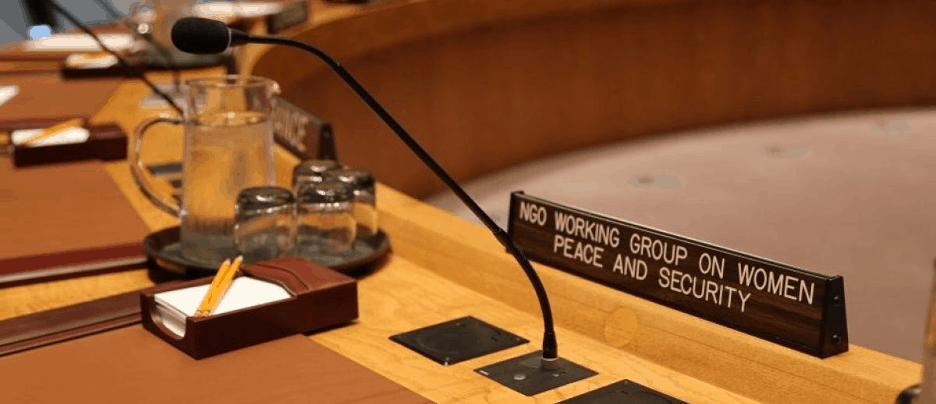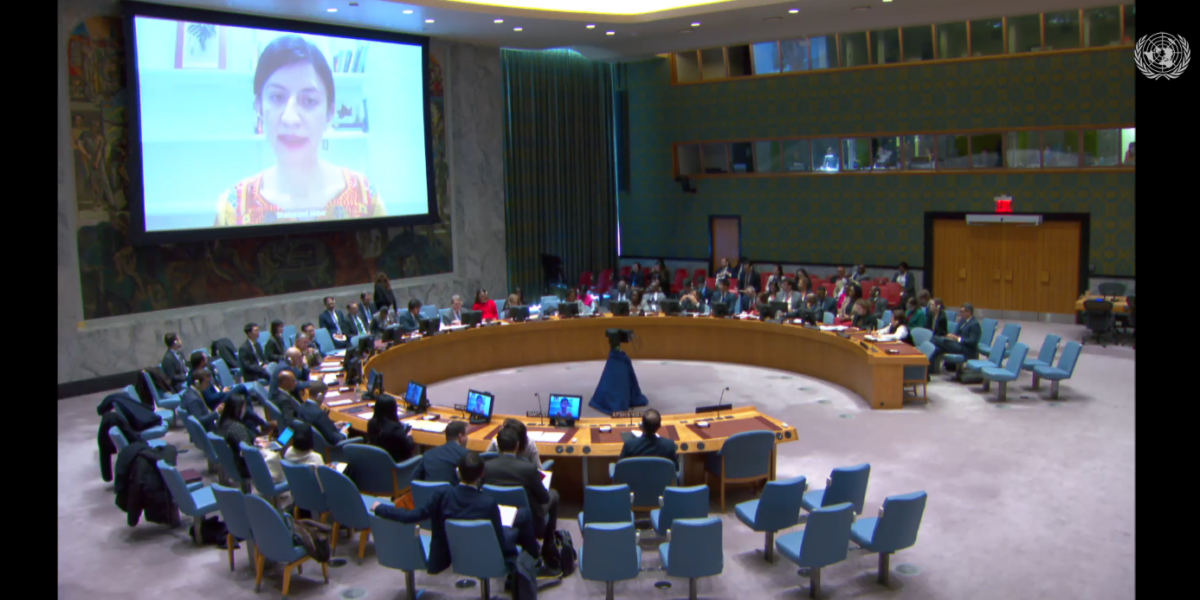Afghanistan
Afghanistan
Afghanistan has been engulfed in violent armed conflict since the fall of the Taliban regime in 2001, and efforts to build sustainable peace while preventing the re-establishment of extremist rule depend on the inclusion of women.
Living in the most dangerous place in the world to be a woman, as the Thomas Reuters Foundation revealed in 2011, Afghani women have emerged as leaders in the peace process— advocating constantly for more inclusive government, and inspiring marginalized groups nationwide to demand a place in the political system. Despite the important role that Afghani women play in bringing about social change in Afghanistan, many barriers to their involvement still exist.
Based on the work of NGOWG members and their partners, the NGOWG advocates for eliminating these barriers by encouraging UNAMA to support the Afghan government in fully implementing the National Action Plan on Women, Peace and Security (NAP), and ensuring women’s full and equal participation in regularly held elections.
Current and Past Recommendations to the UN Security Council (Monthly Action Points)
In the forthcoming mandate renewal for the UN Assistance Mission in Afghanistan (UNAMA), Council members must call on the Government of Afghanistan to ensure peace and security policies address women’s participation and protection as a priority in the country’s period of transition following the September peace agreement with the Hezbi-Islami group. In the preparatory talks with Hezb-e Islami, the deputy Head of the High Peace Council, Habiba Sarabi, became the first Afghan woman in a senior role to be involved in such talks. This offers some hope for negotiations with the Taliban and other armed insurgent groups, which have so far excluded women. As peace talks continue and the international community looks to demonstrate its continued commitment to Afghanistan following the Warsaw NATO Summit and Brussels Donor Conference, it is critical for women’s voices to be included in peace and security decision-making – both in peace talks and in prior consultation – particularly given the sustained violence against Afghan women leaders and human rights defenders. Per obligations articulated in previous women, peace, and security (WPS) Council resolutions, any upcoming consultations hosted by Council members must include the direct participation of women leaders, particularly from civil society, to ensure the discussions are representative of realities on the ground. In the UNAMA mandate, the Council should maintain the existing references to women and girls in both preambular and operative paragraphs, and further, add new provisions which strengthen UNAMA’s mandate to address WPS issues. Specifically, there should be a provision which explicitly calls on UNAMA to support the Government’s efforts in implementing its National Action Plan (NAP), as well as a call for UNAMA to prioritize its activities and efforts to promote women’s protection and participation. Given the existing request for UNAMA to prioritize child protection activities, adding a similar call for women would demonstrate that the Council is equally valuing the rights and concerns of women. Finally, in order to strengthen information and analysis on the gender dimensions of the situation, the Council should invite women civil society representatives to brief the Council (SCR 2122 (2013), OP 1(a)(c)).
Relevant Resources










